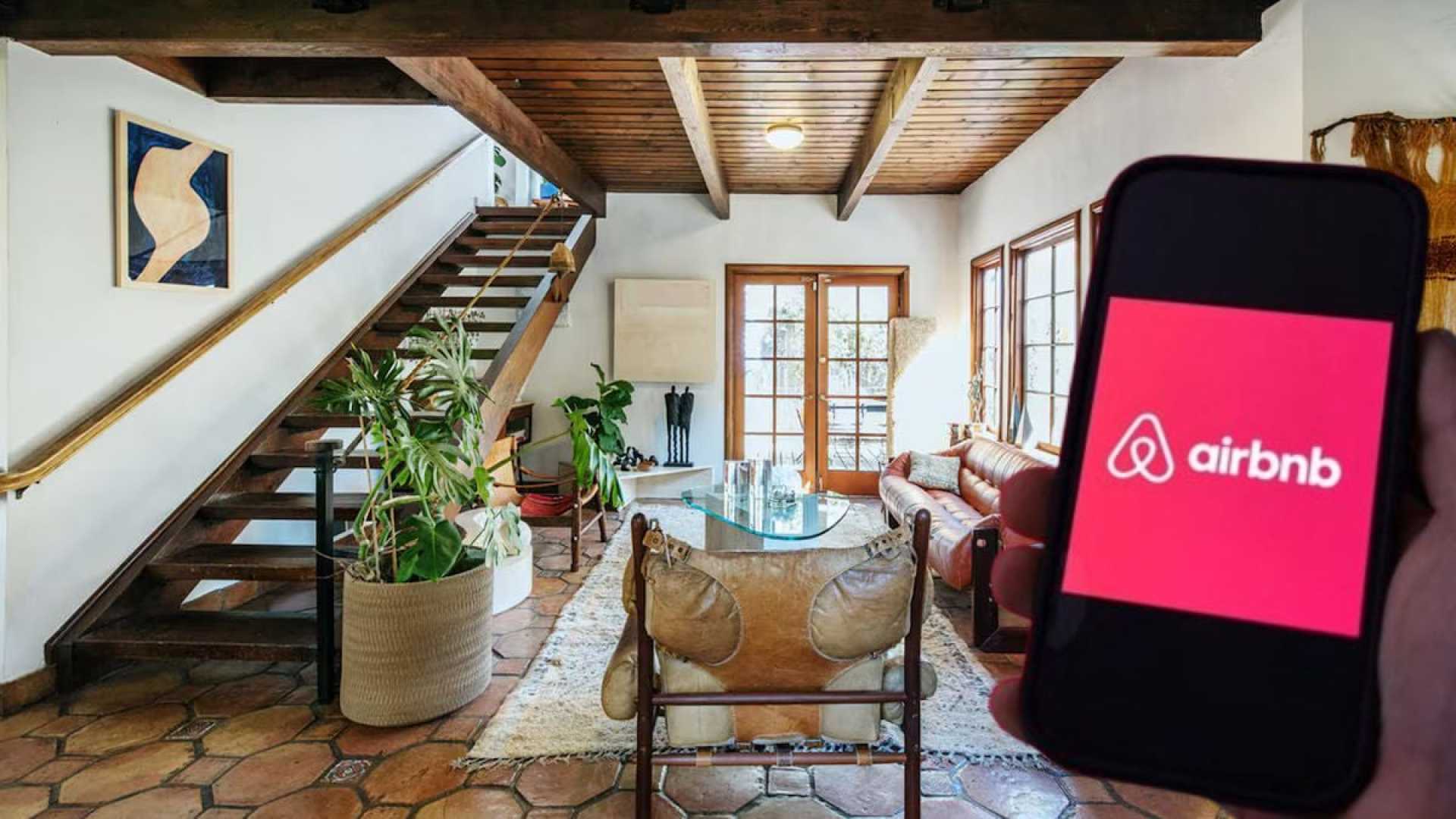Business
Spain Orders Airbnb to Remove 65,000 Listings Amid Housing Crisis

Madri, Spain – Spanish authorities have ordered Airbnb to remove more than 65,000 listings for holiday rentals, citing violations of existing housing laws. This directive, issued by Spain’s Ministry of Consumer Affairs, aims to address the ongoing affordable housing crisis.
According to a statement from the ministry on Monday, the majority of the listings being blocked lack required license numbers. Some also did not clarify whether the property owners are individuals or businesses. The crackdown is part of a broader government effort to regulate short-term rentals and protect the availability of affordable housing in Spanish cities.
This push against illegal vacation rentals is not new. The first ruling against Airbnb was enacted late last year and initially pertained to over 5,800 homes. The Superior Court of Justice of Madrid upheld that ruling, but Airbnb appealed, claiming the government’s actions lack proper legal basis.
Officials found that many of the properties do not possess the necessary tourist licenses, which are mandated in various regions across Spain. Properties without these licenses are deemed illegal, as they often do not comply with local regulations requiring aspects like separate entrances or adherence to neighbors’ votes.
In addition to illegal listings, the ministry discovered issues with incorrect registration numbers and a lack of clarity regarding whether landlords are individuals or businesses. These issues have implications for consumer rights and transparency in the rental market.
Spain’s crackdown on short-term rentals has intensified over recent years. In cities like Barcelona, over 10,500 fines have been issued, and 9,700 illegal tourist apartments have been shut down since 2016. The city’s mayor has even announced plans to eradicate tourist flats by 2028.
In Madrid, a report last year noted more than 15,200 illegal tourist rentals, while Andalusia reported 43,366 illegal properties, highlighting the severe impact of short-term rentals on local housing availability. Valencia also faces significant challenges, with about 12,000 tourist apartments, most of which are illegal according to local officials.
As enforcement continues, the Ministry of Consumer Affairs expects Airbnb to comply with the removal order shortly, reinforcing the government’s commitment to addressing the housing crisis and regulating short-term rentals in Spain.












